u2Grammar
- 格式:ppt
- 大小:1.94 MB
- 文档页数:45
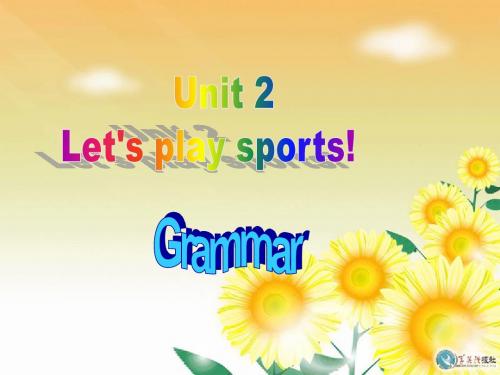

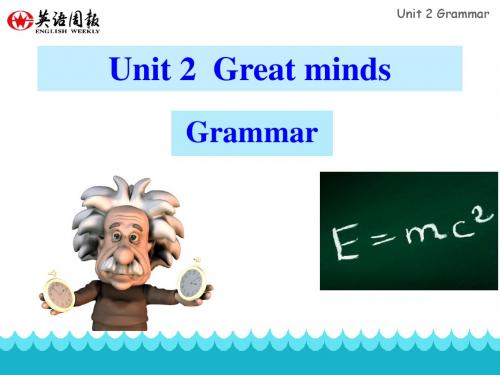


时态专练 ------ 一般将来时(7BU2Grammar)★概念:表示将要发生的动作或存在的状态及打算、计划或准备做某事。
★时间状语:tomorrow, the day after tomorrow, soon, in the future, the coming Sunday, from now on…•next day(week, month, year…),•in a few minutes, ---etc.★基本结构:①be(am/is/are)going to + do;②will/shall + do.A) 基本结构是will / shall do。
例:We shall send her an MP5 as her birthday gift.B) 表示“打算去……,要……”时,可用be going to do。
例:This is just what I am going to say.(这正是我想说的。
)C) 表示“即将、正要”时,可用be about to do。
强调近期内或马上要做的事。
例:Don't worry, I am about to make a close examination on you.D) “be to do” 表示“按计划、安排即将发生某事或打算做某事”。
例:He is to go to travel next week.◆shall/will/be going to之间的区别:1.)shall往往用于第一人称疑问句, will可用于任何人称。
2.)will常用于表邀请或命令时以及带有意愿色彩。
3.)计划决定要做某事,一般用be going to do 结构。
◆一般将来时的特例▲1.用现在进行时表示表示位置转移的动词(如:go, come, leave, start, arrive, be close, open, play, return, sleep, stay等),可用现在进行时表示将来时。

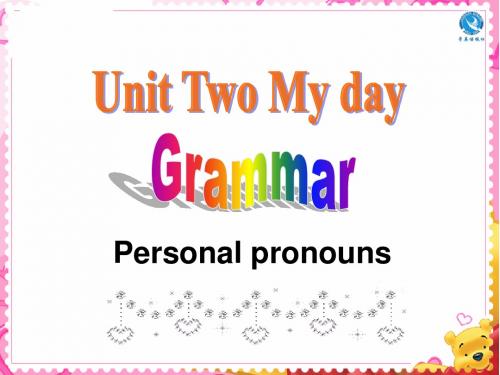



9AU2Grammar 宾语从句一、宾语从句的定义在复合句中充当宾语作用的从句叫做宾语从句。
宾语从句可以用作谓语动词的宾语,也可以用作介词的宾语。
二、宾语从句的连接词1.由陈述句转化而来的宾语从句:把“that+陈述句”这一结构放在宾语的位置即构成宾语从句。
例句:The boy believes (that)he will travel through space to other planets.2.由一般疑问句转化而来的宾语从句:把“whether/if+陈述句”这一结构放在宾语的位置即构成宾语从句。
例句:I wonder whether/if they will come to our party.3.由特殊疑问句转化而来的宾语从句:把特殊疑问句变成陈述句语序后放在宾语的位置即构成宾语从句。
例句:None of us knows where these new parts can be bought.三、宾语从句的语序在宾语从句的复合句中,从句部分不管是陈述句还是疑问句都必须采用陈述语序。
I hear (that) physics isn’t easy.I think (that) you will like this school soon.Can you tell me how I can get to zoo?Please tell me when we’ll have the meeting.[注意]which, who, what在句子中是可以做主语的I wonder who is Tom’s English teacher.I don’t know what can be avoided.四、宾语从句的时态1. 如果主句的时态是一般现在时,宾语从句该用什么时态就用什么时态。
I don’t think (that) you are right.Please tell us where he is.Can you tell me how I can get to the railway station?2. 如果主句的时态是一般过去时,宾语从句只能用相应的过去时态(一般过去时,过去进行时,过去将来时,过去完成时)。
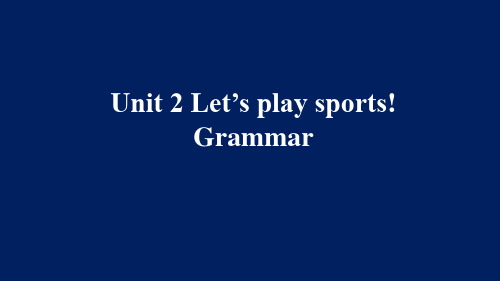
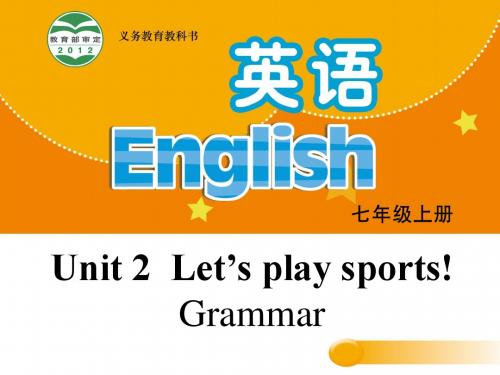
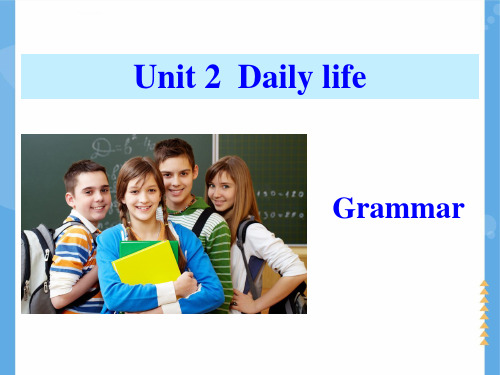
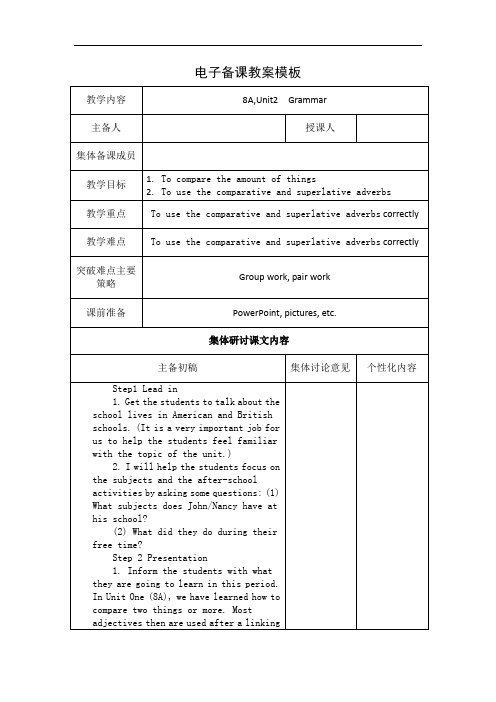
电子备课教案模板教学内容8A,Unit2 Grammar 主备人授课人集体备课成员教学目标1.To compare the amount of things2.To use the comparative and superlative adverbs教学重点To use the comparative and superlative adverbs correctly教学难点To use the comparative and superlative adverbs correctly突破难点主要策略Group work, pair work课前准备PowerPoint, pictures, etc.集体研讨课文内容主备初稿集体讨论意见个性化内容Step1 Lead in1. Get the students to talk about theschool lives in American and Britishschools. (It is a very important job forus to help the students feel familiarwith the topic of the unit.)2. I will help the students focus onthe subjects and the after-schoolactivities by asking some questions: (1)What subjects does John/Nancy have athis school?(2) What did they do during theirfree time?Step 2 Presentation1. Inform the students with whatthey are going to learn in this period.In Unit One (8A), we have learned how tocompare two things or more. Mostadjectives then are used after a linkingverb. In Unit Two, we will learn to talk about the amount of two things or more. It is the comparative and superlative use of adjectives that are used before Show the pictures in Part A (P23) one by one. Ask the students to talk about the pictures.2. Comparing in pairsGet the students to compare John’s school, Nancy’s school and Daniel’s school in pairs.Step3 Practice1. Talking about the school lifeGet the students to talk about their school life by asking questions about subjects and the activities they do at school.2. Encourage the students to put down the information in the last column of the table. (Part A1How many subjects do we have? What are they?What do you do at school, when you are free? How much free time do you enjoy?How long do you spend doing your homework?3. Get the students to compare their own information with Nancy’s school, John’s school and Daniels school. We have too much homework to do. So we have less free time than John and Nancy. We have more subjects than Nancy.Step 4.Presentation1.Write: We have more subjects than Nancy.We work harder than Eddie.2.Students sum up the difference of the two sentences.3.Show comparative and superlative adverbs.Step 5 PracticeExercises on P242.____you are,_______ mistakesyou’ll make.A The more careful; the fewerB More careful; the lessC The more careless; the lessD More careless; fewer3. I think Amy swims__________(slow) than Helen.4. Simon has ________(little)orangejuice than Millie.Step 6 Homework教学后反思。
